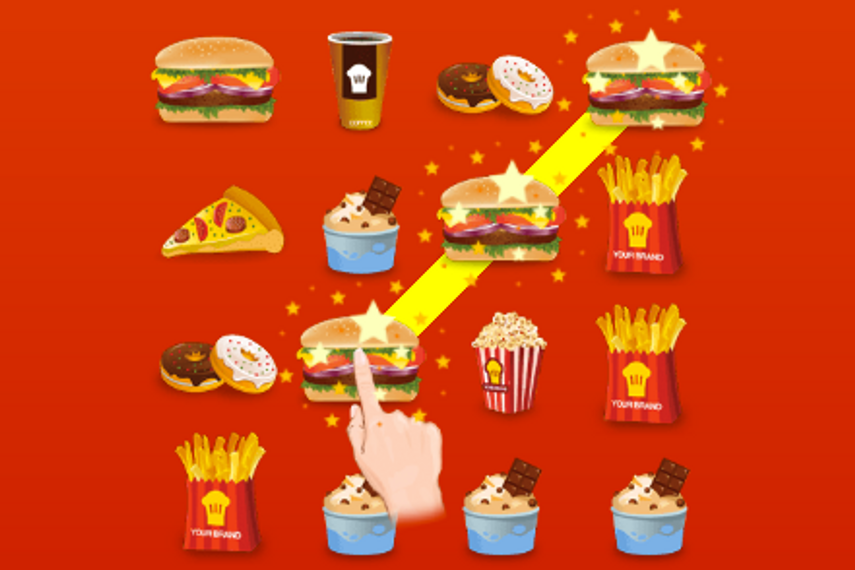
Danielle Kuek, producer and global project manager at Branded Mini-Games, a UK-based company with eight offices around the world including Asia, believes that the biggest advantage of advertising games (advergames) is their ability to engage and educate users.
“Typical ads can be passive, but games are fun and interactive,” said Kuek. “Brand and product recall are much stronger in games. We’ve found social enablement to be important, and it has been particularly successful in Southeast Asia.”
The company has development teams and offices in Korea and Vietnam, while other parts of the business cover business development. Branded Mini-Games’ business proposition is “cost-effective branded games that drive engagement and return”.
The company's business model is to offer customisable games through existing templates, which “ensure fast turnaround times”. Using HTML5, the games are easily embedded into apps, EDMs and web pages, and they work with social-media APIs.
The company continues to develop libraries as platforms evolve, and rather than go for graphic-intensive games requiring native code, Branded Mini-Games focuses on “30- to 60-second games” suited to consumers who are on the go.
“We look at gaming trends around the world and we’ve been doing gaming for last 10 years,” said Kuek. “We have insights on what games are sticky. But from marketing point of view, we understand what suits different brands and sectors.”
However, while there is a real risk of oversaturating the market with stock and template games, Kuek contends that altering the “cosmetics of a game template” drastically changes the experience, even though the underlying game mechanic remains the same.
“A good example is KFC Indonesia in the hot bucket challenge where the soccer game mechanic was changed to throwing bits of chicken to score goals,” said Kuek.
Similarly, another KFC campaign called the ‘Music Factory’, which was used to promote a music album, used a memory-matching game mechanic. These games were successful in part due to Southeast Asian gaming culture, which is “arcade-style, fast-paced, lighthearted and very competitive.” Kuek said.
Branded Mini-Games also offers a back end to track the analytics. The top metrics brands pay attention to, according to Kuek, are impressions, after-plays, and engagement, such as how many users engage with the games for at least five seconds.
“Users who log in or enter their details, such as contact details, to sign up, and leaderboard tracking are also very important,” said Kuek.
 Danielle Keuk |
In fact, “signing up” is probably the most important, as the underlying goal behind a majority of social-media branded games is lead generation and conversion. In that regard, it’s nothing new.
What marketers need to avoid is becoming too tactical, which means relying on these games week to week to generate leads without an overarching direction for building their brand.
When asked about this point in relation to the originality of games and possible over-saturation of particular game types, Kuek said a possible solution is using a series of mini-games over a longer period of time to build up to the climax of a campaign.
According to Kuek, the F&B market has been particularly successful with advergames. “However, we’re also seeing a lot of interest from the financial industries, where brands are trying to reinvent themselves and get away from the image of being cold and calculating.”
Regarding the lifecycles of branded games, Kuek said the company is not at the point of “retiring any of its templates” and has teams that constantly look at trends and developments. “At the moment our games are still in trend and in line with the times,” she added.



.jpg&h=334&w=500&q=100&v=20170226&c=1)
.jpeg&h=334&w=500&q=100&v=20170226&c=1)
.jpg&h=334&w=500&q=100&v=20170226&c=1)

.png&h=334&w=500&q=100&v=20170226&c=1)
.png&h=334&w=500&q=100&v=20170226&c=1)




.jpg&h=268&w=401&q=100&v=20170226&c=1)


